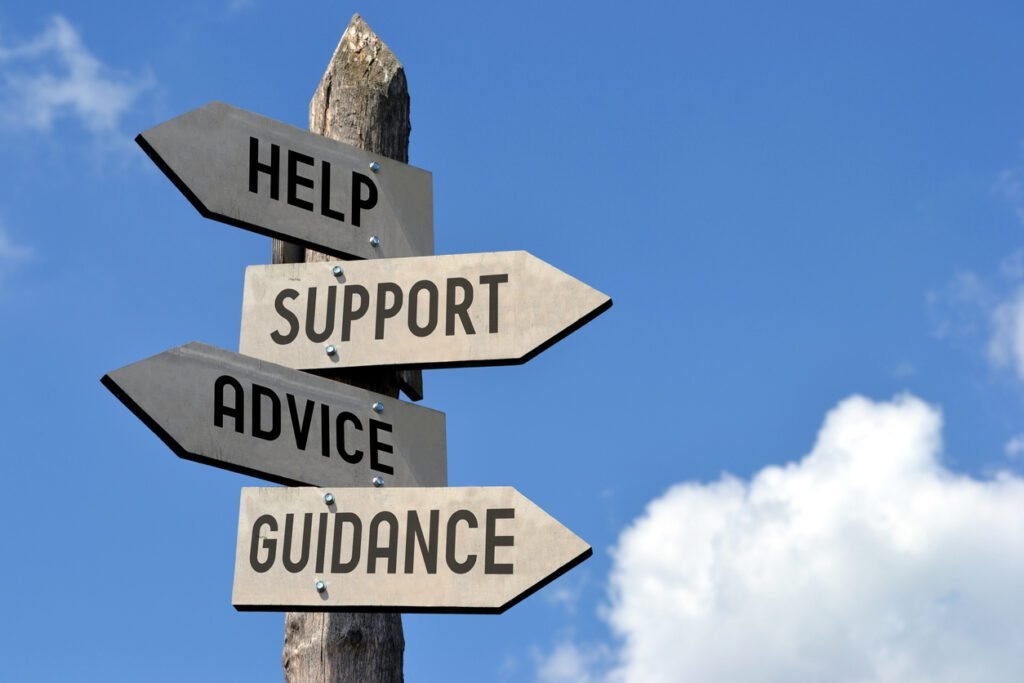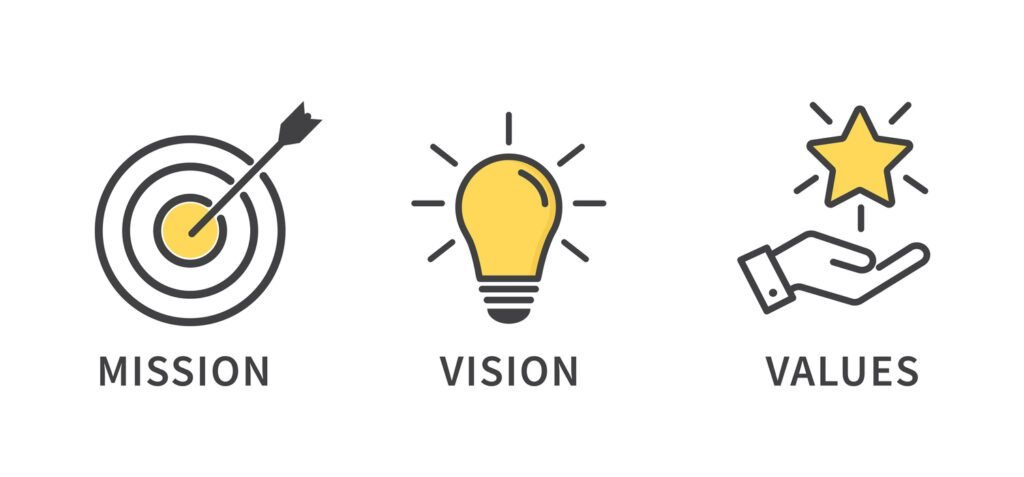Three DEI Lessons for Organizations That Shaped My Year
This week, I’d like to share three lessons for organizations I've learned as a consultant and after another year of guiding the hard work of organizational change.
First, a little backstory...
I've been a racial equity consultant for almost ten years. It’s wild to think about it because I didn't even really want to do this work — not initially. If you know my story, then you know that I had a whole other career that I was deeply committed to, but here we are. There are three lessons for organizations from my 2022 work that can be used to improve racial equity practices in 2023.
Lesson#1: Spend More Time on Adaptive Work.
Lesson #2: Support Your DEI Leaders.
Lesson #3: Live Into Your Values.
All right, let's dig into it.
Lesson#1: Spend More Time on Adaptive Work.
Lesson #1: Organizations should spend more time on adaptive work. It is time well spent. Often, organizations think they are further ahead in their journey than they are. Spending additional time upfront helps my team figure out EXACTLY where an organization is and what interventions are necessary to move them forward. Today, organizations are doing complex work. And the truth is the work we do as practitioners and our landscape as professionals are also complex. My colleague, McKay Chamberlain, and I discussed the importance of making space for the adaptive in Ep. 10 of the Race in the Workplace podcast. Organizations are well-served by committing time and resources to adaptive work — because it is the work of building a sustainable equity practice. In terms of time commitments, sometimes an engagement might be longer than what the client thinks it's going to be, or there is a longer on-ramp to an engagement. It gives us, as practitioners, time to build the needed relationship with our clients and for clients to work on their internal relationships.
Lesson #2: Support your DEI leaders.
Lesson #2: Support your DEI leaders. In 2022, I noticed DEI work is going unsupported. I recently read a piece from Essence online called “Tech Companies Are Quietly Defunding Diversity Pledges, And Industry Layoffs Are Hitting Black And Brown Workers Hardest—Experts Say The Message Is Clear.” This article lifts pledges among tech companies made in 2020 that have fallen flat as, and I quote, “many promised to add Black Lives Matter commitments to their mission statements, they vowed to hire Black talent and embed diversity, equity, inclusion and belonging into all facets of their organizations.”
While disheartening, it's unsurprising because committing to equitable practice is easy — actually, becoming an equitable workplace is not. Frankly, that's the rub for many organizational leaders. The reality is people benefit from the current exclusionary, often racist practices embedded in organizations of all types. Just as there are folks within organizations who are advocating and pushing for change, there are others within the same organizations that are benefiting from the status quo.
This work is unsupported in a lot of organizations. What I mean by unsupported is that many times, the people who are doing the work aren't positioned in the right way within an organization's leadership with respect, power, and resources. Folks doing the work are not set up for success.
One of my favorite quotes about racism in organizations is by Victor Ray in the article “Why So Many Organizations Stay White.”
Organizations are not race-neutral.-Victor Ray
So we must understand (and plan for) the push-pull between living into one’s organizational values. Often the challenge for organizations is will, courage, and resources. Yet, I always come back to courage; sometimes, people are not brave enough. They just aren't. That's unfortunate because it creates differential experiences for the people who work in those organizations. It's deeply troubling, but it's something that's happening more and more.
Lesson #3: Organizations living into their values.
Lesson #3: Organizations living into their values. There are organizations out here, large and small, in all sectors that are grappling with living into equity, and for me, as a practitioner, that makes the emotional labor worth it. Organizational leaders are asking hard questions and making even more complex decisions to center racial equity in their work. Again, it takes courage, but it is doable. That means we, as practitioners, must be adaptive in our approach to client work. We must know what we're doing as we partner, so we don't upset their progress.
I believe that each day creates an opportunity to shift to more equitable practices. I encourage organizational leaders to set an aspiration for the year and live into making it a reality by spending more time and resources on adaptive work, supporting their internal DEI leads, and living into their values with intention.




